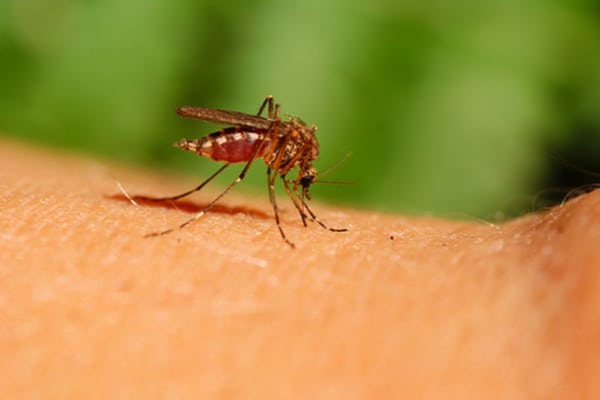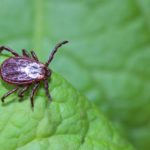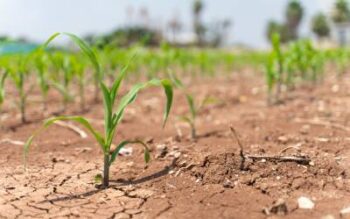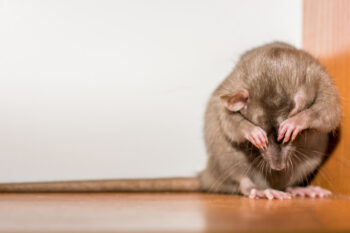
When a mosquito punctures your skin in search of a blood meal, she (only female mosquitoes bite—they need blood before they can produce a batch of eggs) also injects some saliva. The saliva contains several substances, including a very effective anticoagulant that prevents your blood from clotting while she sucks it up through a thin tube.
The first time we are bitten, nothing happens. But gradually our body becomes sensitized to the foreign proteins in the saliva and a small itchy red bump appears about 24 hours later. After many more bites, a pale, swollen hive or wheal appears minutes after the bite, in addition to the red bump 24 hours later. With repeated bites, some people stop reacting, and others become increasingly allergic and develop even larger bumps.
The bumps and itching are the result of our own immune system recognizing the saliva as a foreign substance and releasing histamine at the wound. It’s actually our own histamine that makes us itch, not the mosquito’s saliva.




